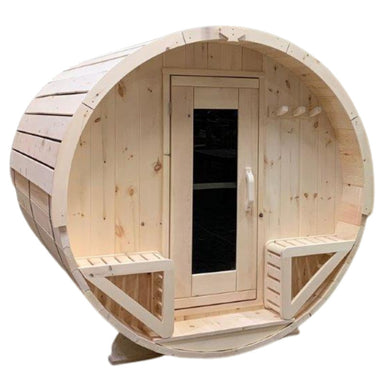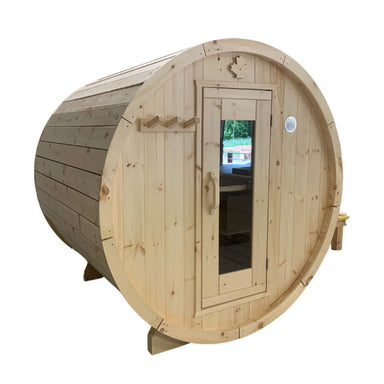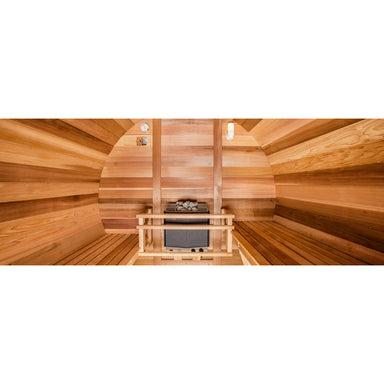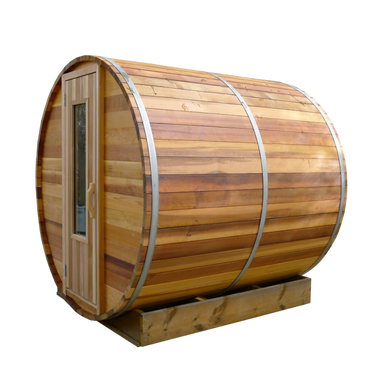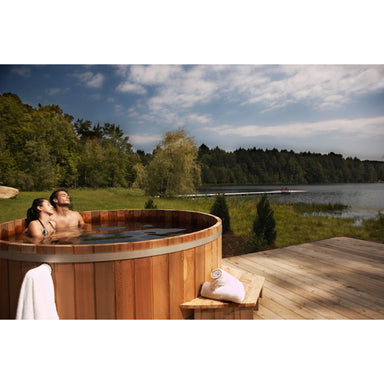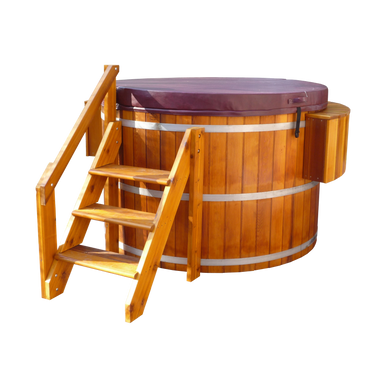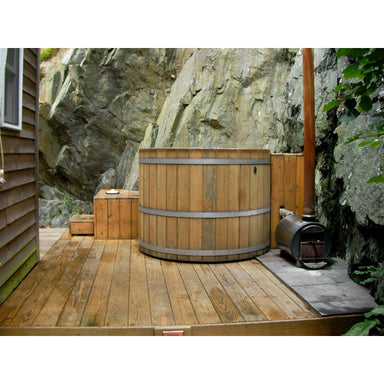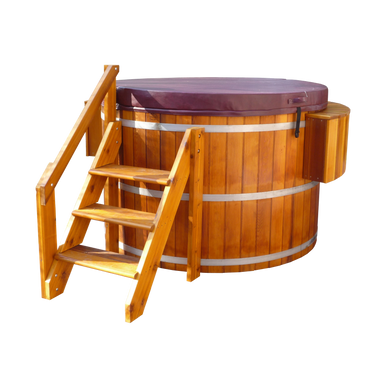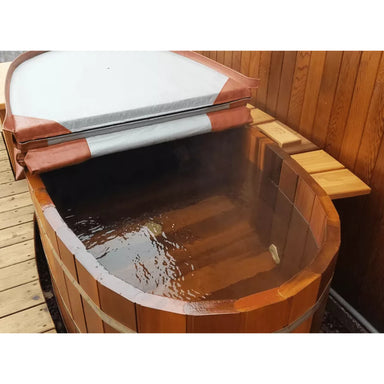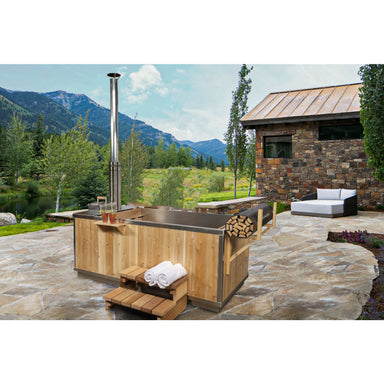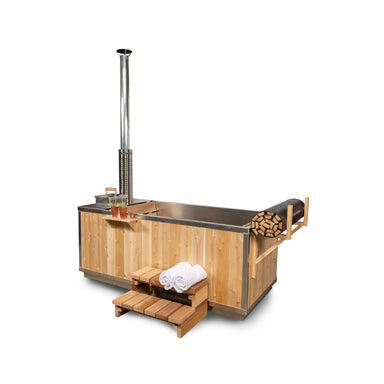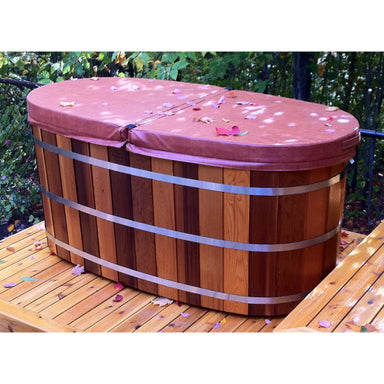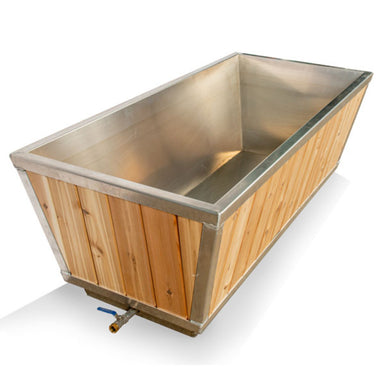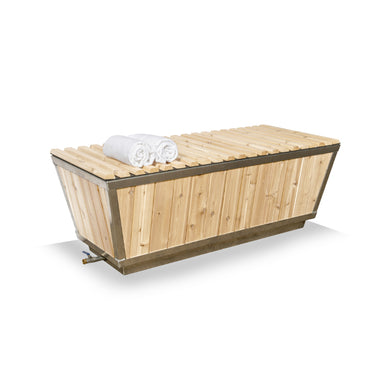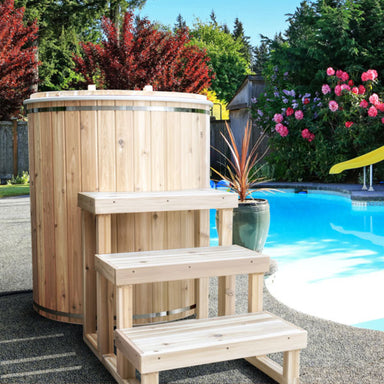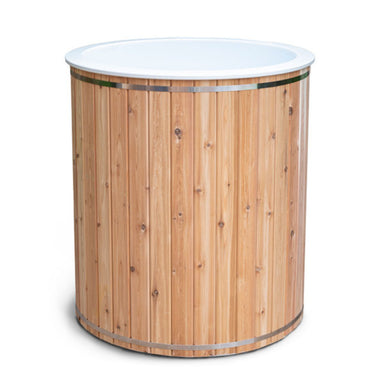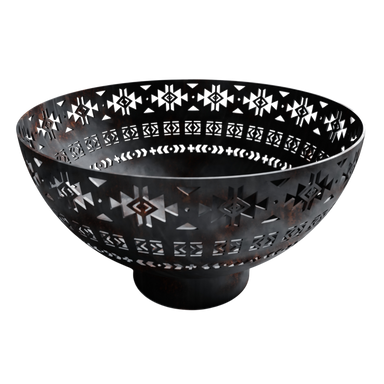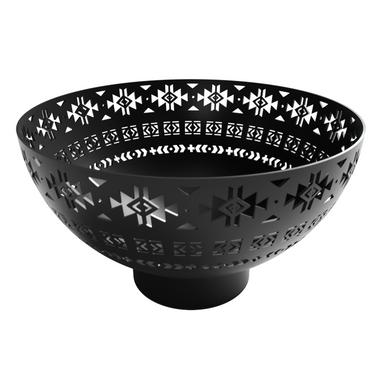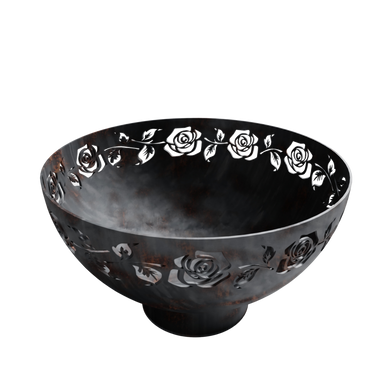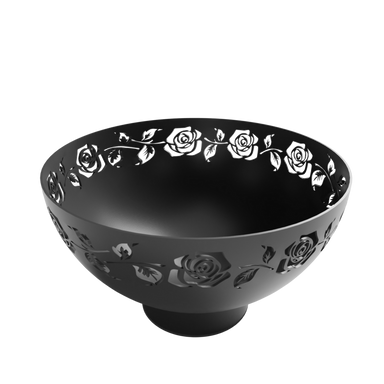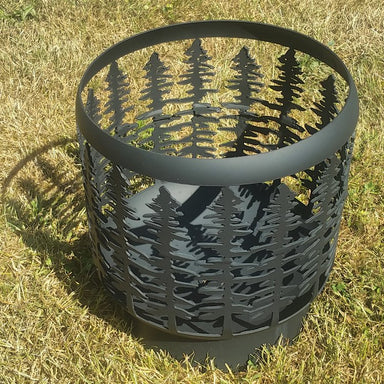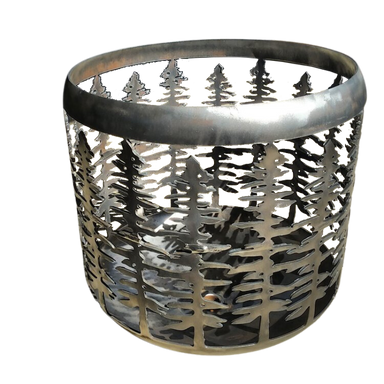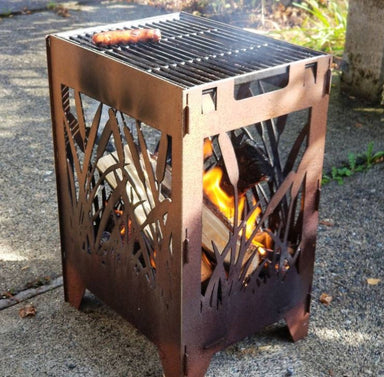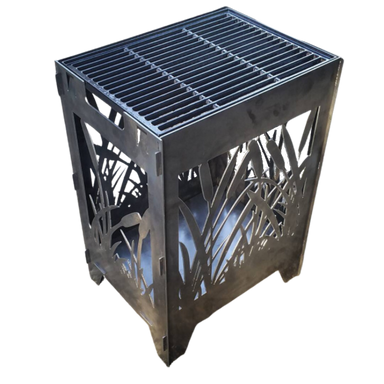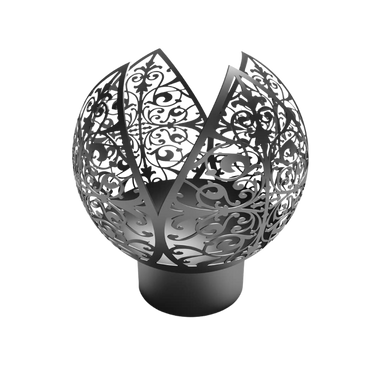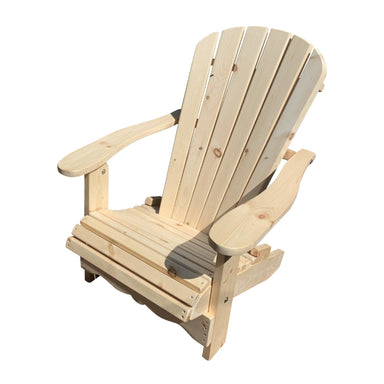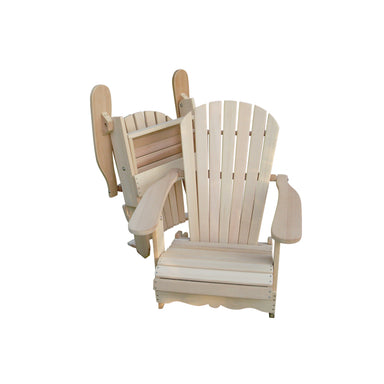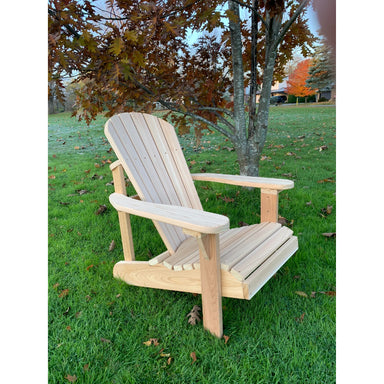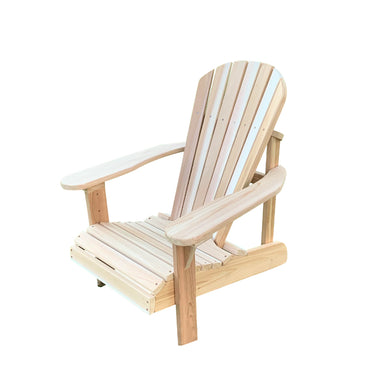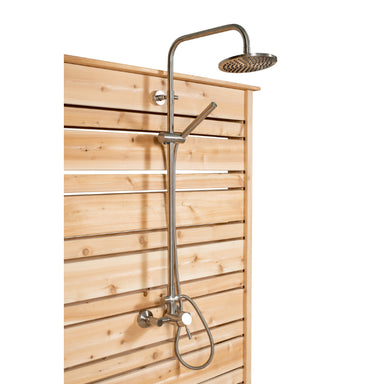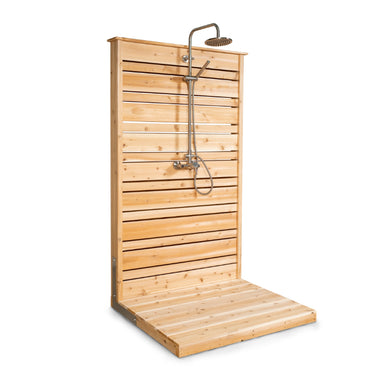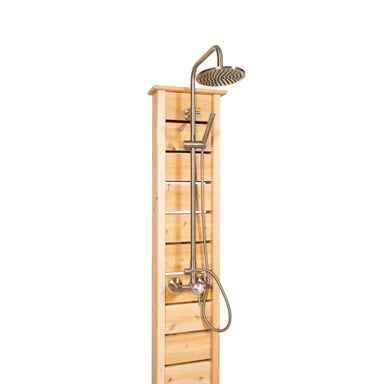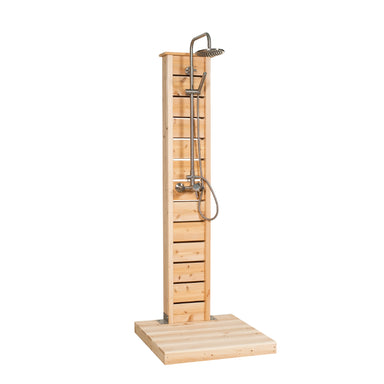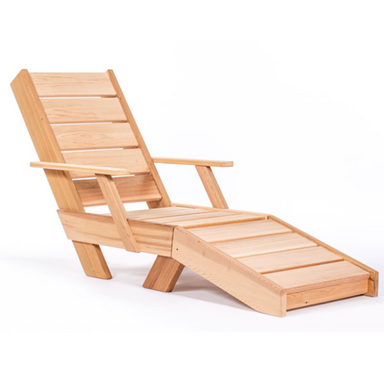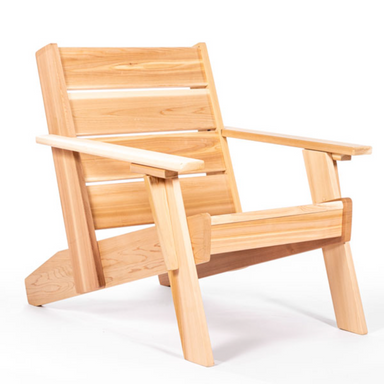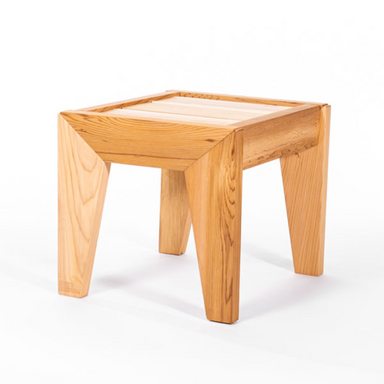Whether you're a sauna enthusiast or a beginner, this comprehensive guide will help ensure you have a safe and enjoyable time in the sauna. All of the saunas we sell offer numerous health benefits, however, it's essential to prioritize safety to avoid any potential risks. On this page, we'll provide some essential safety tips, and offer expert advice on how to maximize your sauna experience.
So let’s dive into these 15 essential tips to ensure a safe, relaxing, and risk-free sauna experience. Let's embark on a journey to wellness and rejuvenation together.
1. Pre-session Food & Drink
It is recommended that you do not consume soda, sugary drinks or caffeinated drinks before your sauna, as these are dehydrating, inflammatory, and can increase heart rate. Additionally, do not use the sauna after a large meal. It is advisable to wait between 1 and 2 hours after eating before entering the sauna.2. Hydration Is Key
Start by hydrating well before entering the sauna. Drinking water prior to your session helps counteract the dehydrating effects of heat and sweating. Severe dehydration can lead to dizziness, headaches, confusion and, in the worst case, even circulatory collapse. After your sauna session, try consuming beverages with added or natural electrolytes (such as water with a pinch of Celtic sea salt or coconut water) for optimal rehydration.3. Practice Fire Safety
Keep flammable materials (ex. Towels, papers, etc) away from the electric or wood stove, and ensure that essential oils are not applied directly to the heater or rocks. Instead, essential oils - if used - should be diluted in water before ladeling them onto the rocks. Have a fire extinguisher nearby in case of emergency. We recommend reviewing the heater manufacturer’s recommended usage procedures.4. Pre-Sauna Cleansing:
Take a quick shower before entering the sauna. Clean skin allows for efficient sweating and better heat penetration, as well as keeping your sauna clean and free from oils or lotions. The cleaner you are, the cleaner the sauna will be!
5. Appropriate Sauna Attire:
Opt for a towel, cloth, or lightweight garment to sit on while inside the sauna. This maintains hygiene, protects your skin from direct contact with hot surfaces, and protects the wood bench from sweat.
6. Bring a Friend
It’s best to use a sauna with someone else to ensure each other’s safety, and of course to enjoy each other’s company!7. Controlled Breathing:
Practice slow and deliberate breathing. Inhale deeply through your nose and exhale through your mouth. This technique helps your nervous system remain calm in the heat and increases the relaxing effects.8. Evaluate Risks of Hot & Cold Therapy:
Alternating between saunas or hot tubs and cold plunges has become very popular in the wellness space in the past decade. But this practice isn’t for everyone. The shock on your body's cardiovascular system can lead to dizziness, and can be dangerous to those with cardiovascular complications. Always talk to a physician before trying hot-cold therapy if you have a history of blood pressure issues (hypertensive) or heart complications.9. Check with Your Doctor:
If you have medical conditions including heart problems, high blood pressure, respiratory issues, diabetic neuropathy, or a history of strokes/brain tumors, consult your healthcare provider before using a sauna. We also recommend that pregnant women should exercise caution or speak to their doctors.10. Children and The Elderly:
Younger sauna-goers are not yet able to regulate their body temperature as well as adults, and could be at risk for overheating. Youth should limit sauna use to 10 or 15 minutes. For children under 3, limit sauna time to 3-5 minutes. Saunas can be incredibly beneficial for the elderly, but can pose risks for those facing serious health conditions. As suggested above, if health conditions are a concern, always speak to your doctor.11. Avoid Alcohol and Drugs:
Steer clear of alcohol and recreational drugs before or during a sauna session. These substances can impair judgment, contribute to dehydration, and increase the risk of hypotension and arrhythmia stress.12. Monitor Temperature:
Check the temperature inside the sauna before entering. Extremes can be uncomfortable or even dangerous for prolonged exposure. The ideal sauna temperature is between 70° and 90° celsius (150° - 195° F), but always make sure it’s a comfortable temperature for you!13. Limit Session Duration:
Gradually introduce yourself to sauna heat. Begin with sessions lasting 10-15 minutes and avoid exceeding 30 minutes in the sauna at one time. Prolonged exposure can lead to overheating. Be sure to cool down, rest, and hydrate well between sauna sessions.14. Skin Care After the Sauna:
After your sauna session, take a lukewarm or cool shower to cleanse your skin. Avoid using harsh soaps, as your skin might be more sensitive post-sauna.15. Respect Your Tolerance:
Sauna isn’t a competition, and everyone's heat tolerance is different. Tune in to how your body feels. If you start feeling dizzy, nauseous, or excessively fatigued, exit the sauna immediately and cool down. If you find that saunas are not comfortable or enjoyable for you, it's perfectly fine to explore other relaxation methods that suit you better.Remember, the key to a rewarding sauna experience is balancing relaxation and safety. By following these tips, you can bask in the tranquility of the sauna while safeguarding your well-being!


